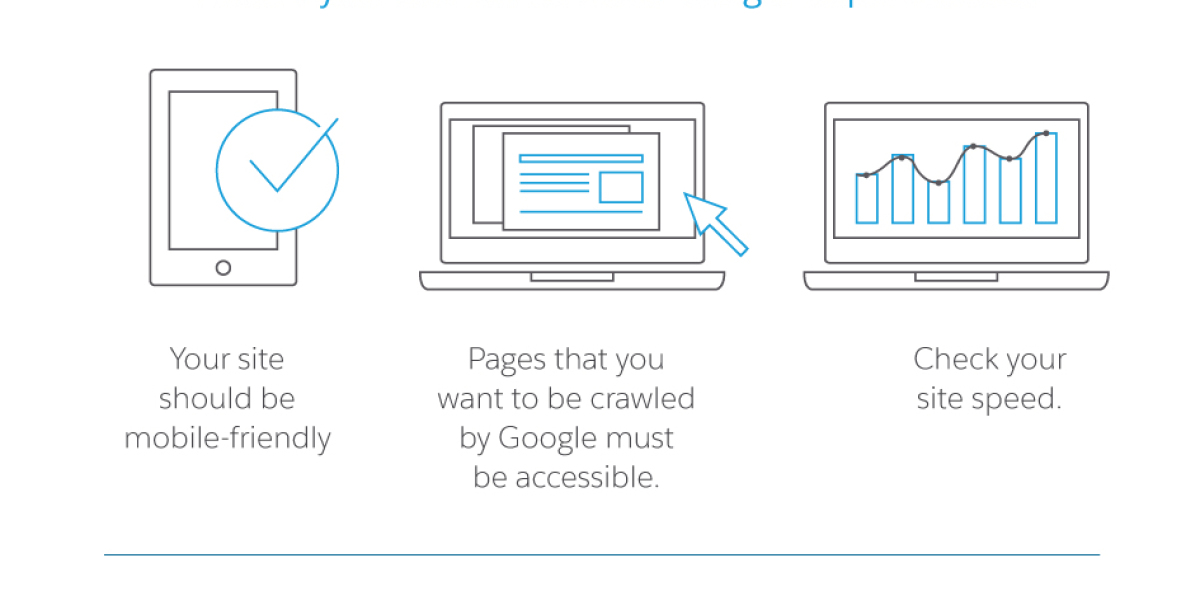In recent years, the hospitality industry has witnessed a significant transformation, largely driven by hotel automation. This technological advancement not only streamlines operations but also enhances the overall guest experience. As hotels increasingly adopt automated systems, it is essential to understand the implications and benefits of this evolution.

Understanding Hotel Automation
Hotel automation refers to the integration of technology to manage various hotel operations, from booking systems to guest services. By utilising advanced software and hardware, hotels can improve efficiency, reduce costs, and provide personalised experiences for their guests. But how does this automation work, and what are its key components?
- Property Management Systems (PMS): These systems centralise operations, allowing staff to manage reservations, check-ins, and billing seamlessly.
- Self-Service Kiosks: Guests can check in and out without the need for front desk interaction, enhancing convenience.
- Smart Room Technology: Automation enables guests to control lighting, temperature, and entertainment systems through their smartphones or voice commands.
- Data Analytics: Hotels can analyse guest preferences and behaviours to tailor services and marketing strategies effectively.
The Benefits of Hotel Automation
Implementing hotel automation offers numerous advantages that can significantly enhance guest satisfaction and operational efficiency. Some of the most notable benefits include:
- Improved Efficiency: Automation reduces the time staff spend on routine tasks, allowing them to focus on providing exceptional service.
- Enhanced Guest Experience: Personalised services, such as customised room settings and tailored recommendations, create memorable stays.
- Cost Savings: By automating processes, hotels can lower operational costs and allocate resources more effectively.
- Increased Revenue: Enhanced guest experiences often lead to higher satisfaction rates, resulting in repeat bookings and positive reviews.
Challenges and Considerations
While the advantages of hotel automation are compelling, there are challenges that hotels must navigate. For instance, the initial investment in technology can be substantial. Additionally, staff training is crucial to ensure that employees can effectively utilise new systems. How can hotels overcome these challenges?
By investing in comprehensive training programmes and gradually implementing automation, hotels can mitigate risks and ensure a smooth transition. Furthermore, collaborating with technology providers can help hotels stay updated on the latest innovations in hotel automation.
The Future of Hotel Automation
As we look to the future, the role of hotel automation will only continue to grow. With advancements in artificial intelligence and machine learning, hotels will be able to offer even more personalised experiences. Imagine a world where your preferences are recognised upon arrival, and your room is already set to your liking.
For more information on how to implement hotel automation solutions, visit .
In conclusion, hotel automation is revolutionising the hospitality industry, creating a future where guest experiences are enhanced through technology. As hotels embrace these changes, they will not only improve operational efficiency but also foster lasting relationships with their guests.








